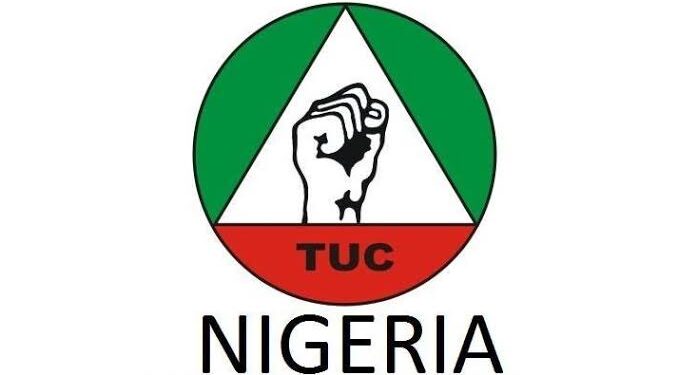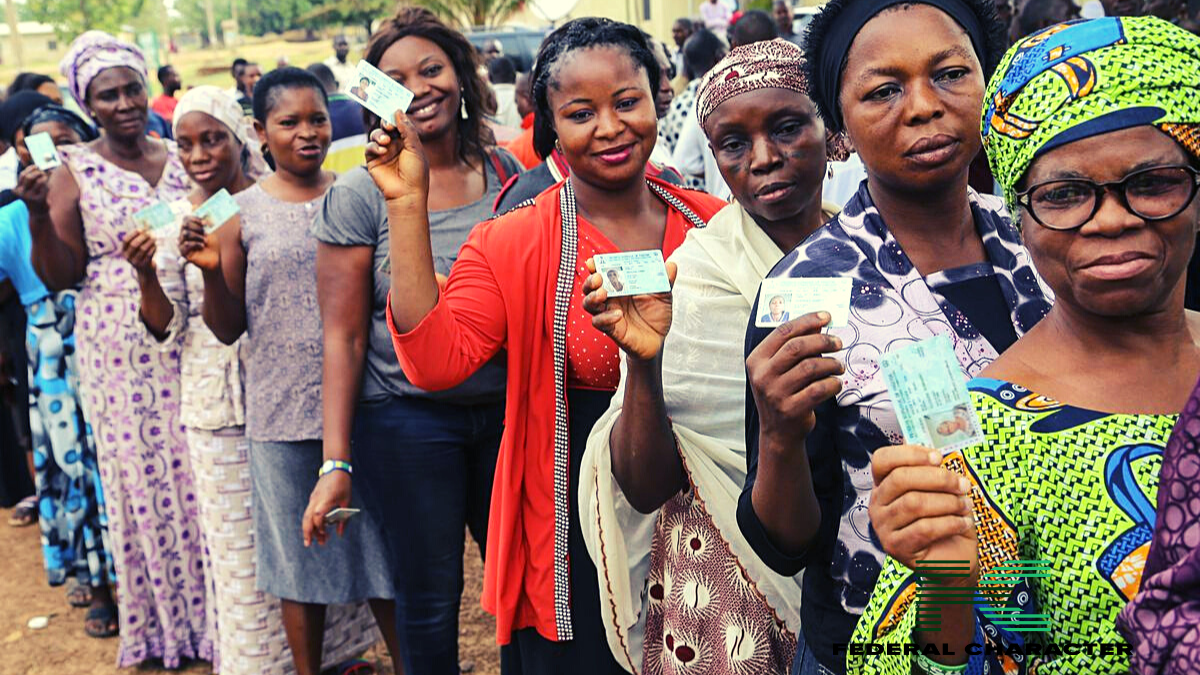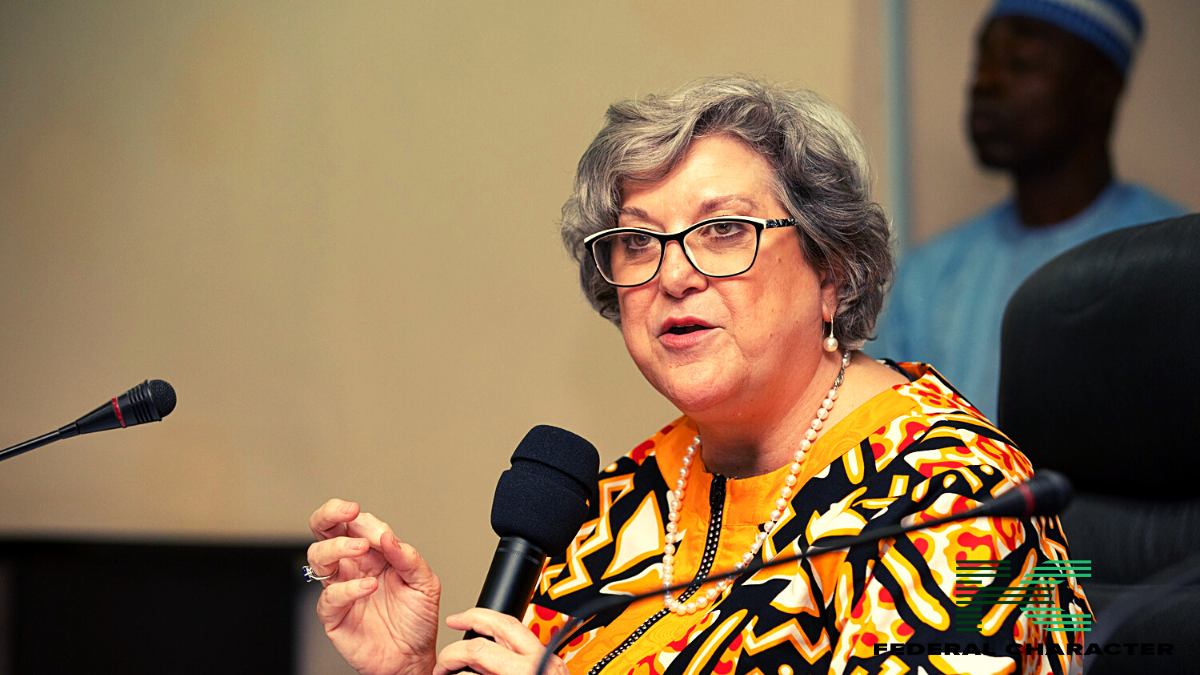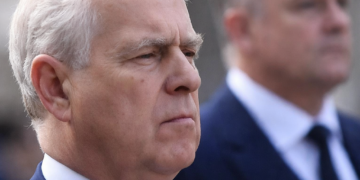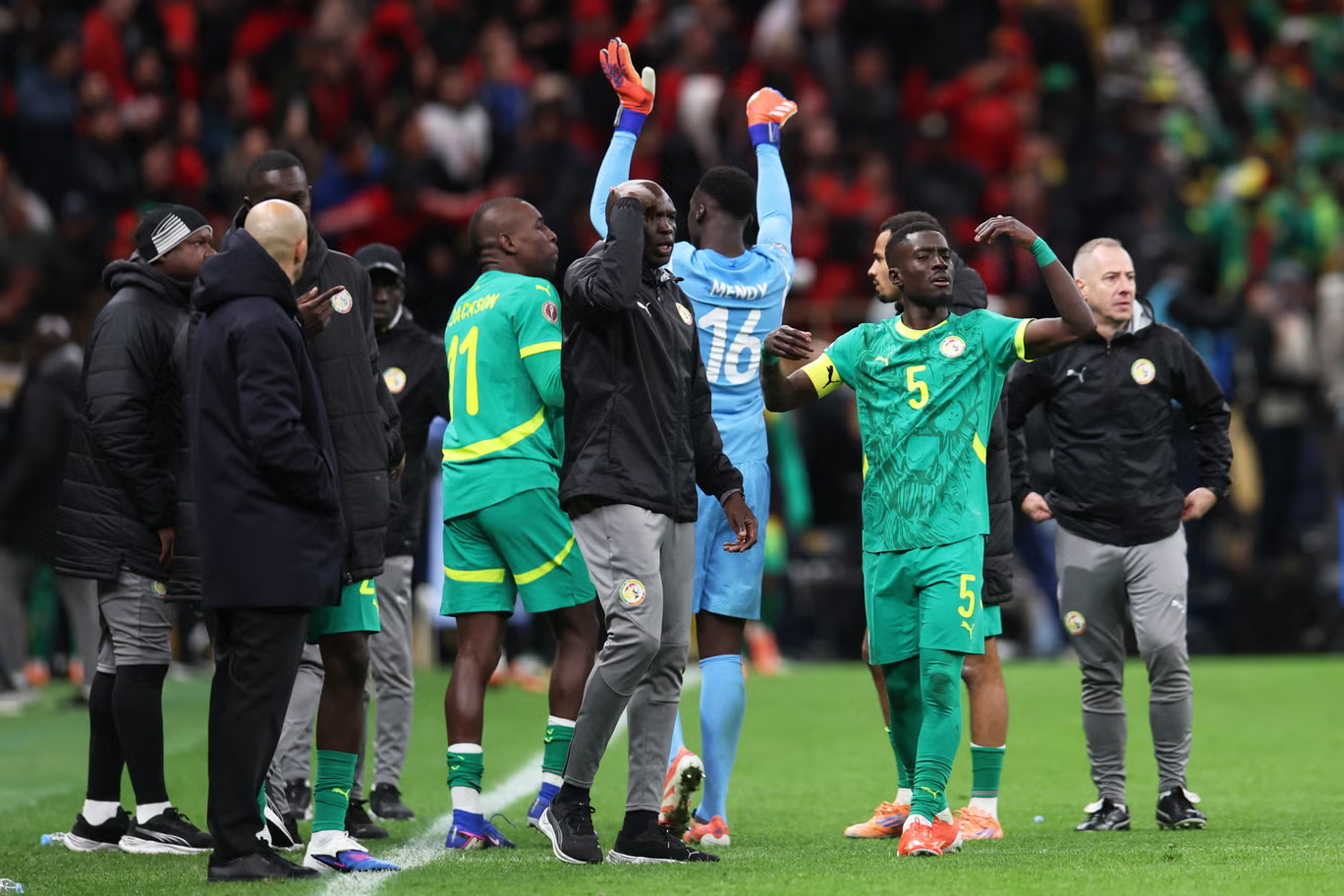Nigeria’s Trade Union Congress (TUC) has given their opinion in the ongoing negotiations for a new national minimum wage. The sticking point? A proposed increase by the federal government that the TUC considers woefully inadequate.
In a fiery interview on Channels Television, TUC President Festus Osifo called the government’s offer of N48,000 “abysmal.” This, according to Osifo, falls far short of even the current minimum wage for the lowest-paid federal workers, which sits at N77,000.
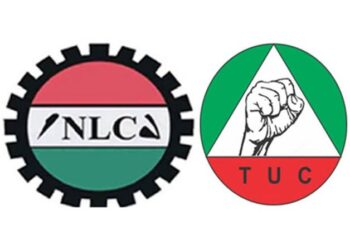
So, what’s the disconnect?
Osifo points out a key discrepancy. The N48,000 proposal seems to ignore the most recent wage increase of N35,000 that bumped the minimum wage to N77,000 for federal workers. He rightfully questions the logic behind offering a lower amount than what’s already being paid.
Data Needed: Where’s the Justification?
Adding fuel to the fire, Osifo demands the government provide data to support their N48,000 figure. This data, he argues, should clearly demonstrate how this amount would meet the basic needs of Nigerian workers. The lack of such justification, according to Osifo, implies the government entered the negotiations unprepared.
Labor’s Counter-Offer and Walkout
This lack of transparency wasn’t the only point of contention. The TUC, along with other labor unions, had proposed a significantly higher minimum wage of N615,000. They presented a detailed breakdown of their calculations to support this figure. In contrast, the government offered a bare number with no explanation.
Feeling disrespected and unconvinced, the labor unions ultimately walked out of the negotiations. They insist that these discussions must be concluded by the end of May, leaving the question of a new minimum wage hanging in the balance.
Is There Compromise on the Horizon?
The wide gap between the two proposals indicates a tough road ahead. The TUC’s strong stance and demands for data-driven negotiation raise questions about the government’s willingness to meet them halfway.
Open Questions Remain
Will the government be able to provide data to support their N48,000 proposal?
Are labor unions willing to negotiate down from their N615,000 proposal?
Can both sides find a compromise figure that meets the needs of workers while remaining feasible for the government and businesses?
Only time will tell if these negotiations can be salvaged and a new minimum wage can be agreed upon before the end of May. Nigerians wait anxiously to see if their standard of living will see a significant increase.

